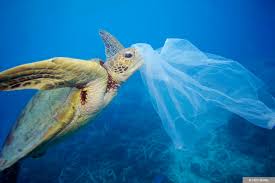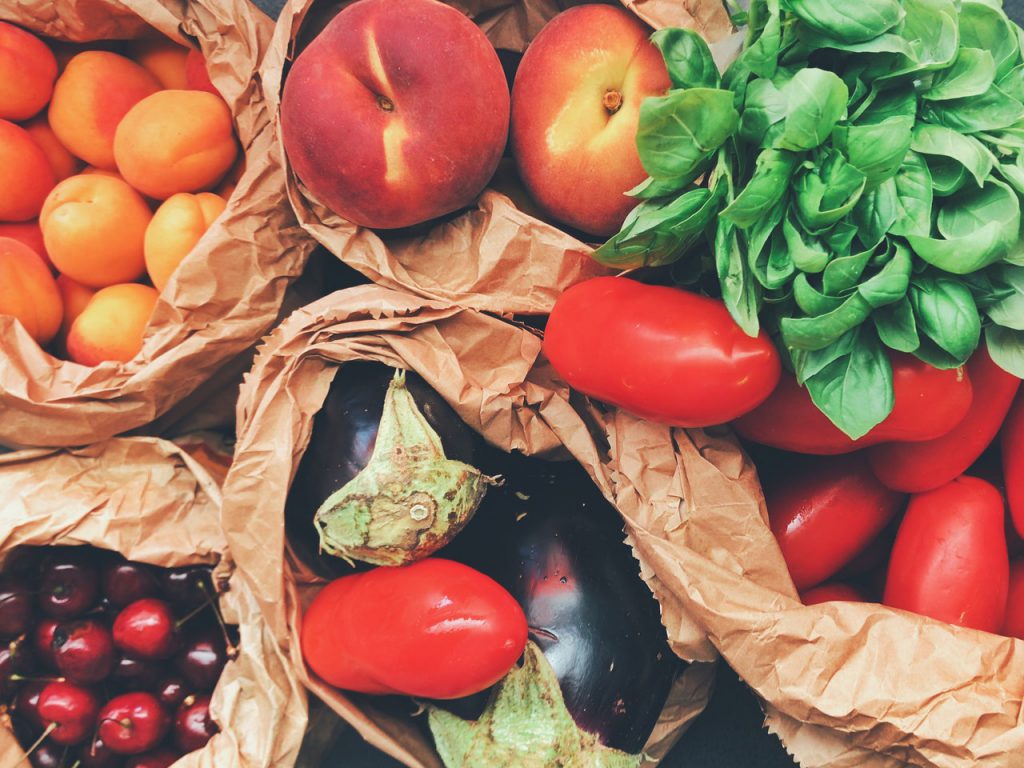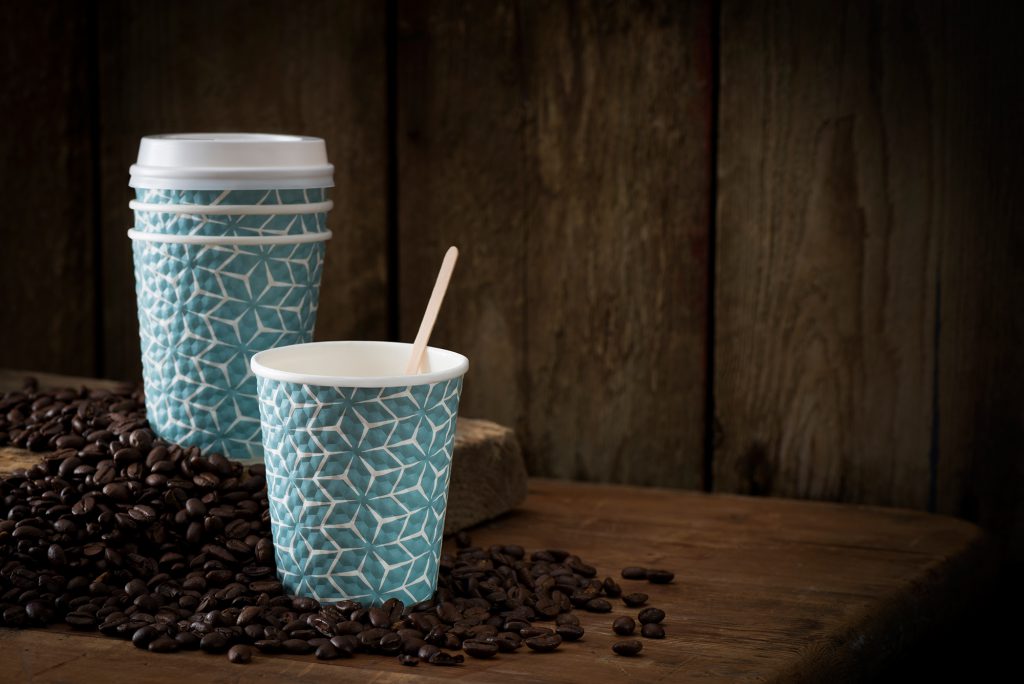A big topic in the news recently has been the war on plastic and how we need to change our ways or risk destroying the ocean. Not a new problem, we are producing over 300 million tons of plastic, including bags, bottles and microbeads every year, half of which is single-use. It’s estimated that 8 million tons of this plastic ends up in our ocean, polluting it and harming sea life. Clearly, we can’t let this continue. In this post, we’d like to present some hard facts, talk about our disposable cups and look at things we can all do to help.

Hard facts
All plastic ever created is still with us on the planet today (Plastic Oceans).
Less than a fifth of all plastic is recycled globally (National Geographic).
There is currently a 1:2 ratio of plastic to plankton, and if unmonitored, they’ll be more plastic in the ocean than fish by 2050 (The Telegraph).
In 2017’s ‘Great British Beach Clean’, 255,209 pieces of litter was removed from 339 beaches, which on average is 718 pieces per 100m stretch of beach. This is a 10% rise on 2016’s clean (Marine Conservation Society).
Over 50% of sea turtles have consumed plastic, which gets trapped in their stomach and prevents them from eating (Global Citizen; Sea Turtle Conservancy).
It’ll take the following items, this many years to biodegrade (NOAA/ WOODS HOLE SEA GRANT):
Plastic Bag: 20 Years.
Foamed Plastic Cup: 50 Years.
Aluminium Drinks Can: 200 Years.
Straw: 200 Years.
Six-pack Beer Holder: 400 Years.
Nappy: 450 Years.
Plastic Bottles: 450 Years.
Fishing Line: 600 Years.

“Chemicals from plastics are a constant part of our daily diet. We generally assume the water bottle holding that pure spring water, the microwave-safe plastic bowl we prepare our meals in, or the styrofoam cup holding a hot drink is there protecting our food and drinks. Rather than acting as a completely inert barrier, these plastics are breaking down and leaching chemicals, including endocrine-disrupting plasticizers like BPA or phthalates, flame retardants, and even toxic heavy metals that are all absorbed into our diets and bodies.” Scott Belcher, The Endocrine Society, quoted in Plastic Invasion.
What We Can All Do To Help
Scary stuff huh? Luckily, there are various things we can all do to reduce our plastic usage, including:
- Bringing your own bags when you go shopping (also saving you 10p each time you do!).
- Buy fruit and vegetables fresh, and unwrapped in plastic.
- Don’t use single-use plates, knives and forks for parties or events.
- Don’t release balloons into the air, as they may land in the ocean and choke marine life.
- Always recycle any plastic you use.
- Say no to plastic straws as they’re among the most prevalent pieces of marine pollution.

Disposable Cups With A Difference
Concerned about your office’s plastic usage, especially your cups? Why not try out our, ‘Diamond Disposable Coffee Cups’, which are not only washable and therefore reusable, but are made from biodegradable materials that will decompose quickly should any need to be thrown out, or recycled.

They offer many benefits over their plastic counterparts, including:
They don’t contain toxic elements or chemicals.
Safe to use for both hot and cold drinks, with insulation insuring drinks stay hotter for longer.
Convenient for corporate events and meetings.
For more information on the war on plastic, we recommend you visit WWF’s dedicated, ‘PLASTICS: WHY WE MUST ACT NOW’ page. We can all do our bit to help.